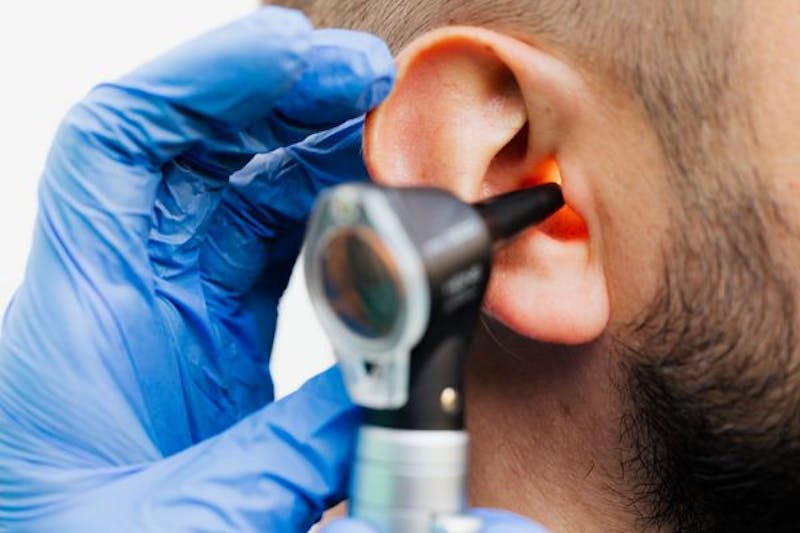
In our last article, readers learned plenty about tinnitus. Today, we are sharing about the causes of tinnitus as it can be very instrumental in finding the perfect treatment. With proper and timely intervention, tinnitus symptoms may be greatly reduced or completely resolved.
In review:
Last time, we shared what tinnitus was. Simply put, tinnitus is when a person hears ringing, buzzing, or other external noises that are not truly there. As you can imagine, this can be very distracting and frustrating, so getting to the root cause is step number one.
This hearing issue affects about fifteen to twenty percent of people, but is mostly common in older adults. Making the tinnitus go away completely is always the goal, but it is not always achievable. In some cases, making the tinnitus less noticeable is the more realistic goal.
Common causes:
Inside of the ear, there are delicate, tiny hairs cells in the cochlea. This part of the inner ear. These little hairs move when the ear receives sound waves.
When the little hairs move, it triggers electrical signals along the nerve from the ear to the brain. The brain interprets theses signals as sound. If the hairs are bent or broken, which often happens as a person ages, they may leak random electrical impulses to the brain.
The random electrical impulses make the brain think there are noises present which are not actually present. Basically, hearing loss can cause tinnitus.
The next common cause is an ear infection or ear canal blockage. In the ear canals, there can be a physical blockage comprised of ear wax, dirt, or other foreign materials. A blockage can change the pressure in the ear which may cause tinnitus.
Head or neck injuries may be the culprit of some tinnitus cases. Trauma in these areas can affect the inner ear, hearing nerves, or brain function linked to hearing. Head or neck trauma most often cause tinnitus in just one ear.
Certain medication may cause or worsen tinnitus. In general, the higher the dose of these medications, the worse tinnitus becomes. Often times, the unwanted noise disappears when the responsible medications are no longer taken.
The following medications may cause tinnitus:
- nonsteroidal anti-inflammatory drugs (NSAIDs)
- some antibiotics
- cancer drugs
- water pills
- antimalarial drugs
- antidepressants
Less common causes:
Tinnitus can be an early indicator of Meniere’s disease. This is a disorder in the inner ear that may be caused by abnormal inner ear fluid pressure. Eustachian tube disfunction is a less common cause of tinnitus, but it is a possible culprit.
This condition causes the tube in the ear connecting the middle ear to the upper throat to remain expanded all of the time, which is does not usually do. When the eustachian tube is continuously expanded, it can make the ear feel full.
Some bones in the middle ear may stiffen which can affect hearing and cause tinnitus. This sort of condition tends to be hereditary, or run in families. It is abnormal bone growth which an experienced ENT doctor may be able to spot early on.
The muscles in the inner ear may tense up. We call this a spasm. Spasms may cause tinnitus, hearing loss, and a feeling of fullness in the ear.
Muscle spasms sometimes have no reasonable explanation. They can be caused by a neurologic disease. Multiple sclerosis is just one example.
Drop by next week for more of the less common causes of tinnitus. Do not suffer through troublesome noises. Enjoy a thorough exam and consultation with Orlando ENT Hearing Services.
As you are outside this summer, be sure to consider ear health. Speak with your trustworthy ENT specialists about keeping you ears clean after swimming in seemingly clean waters.
Staff Writer

